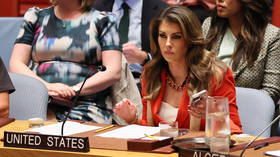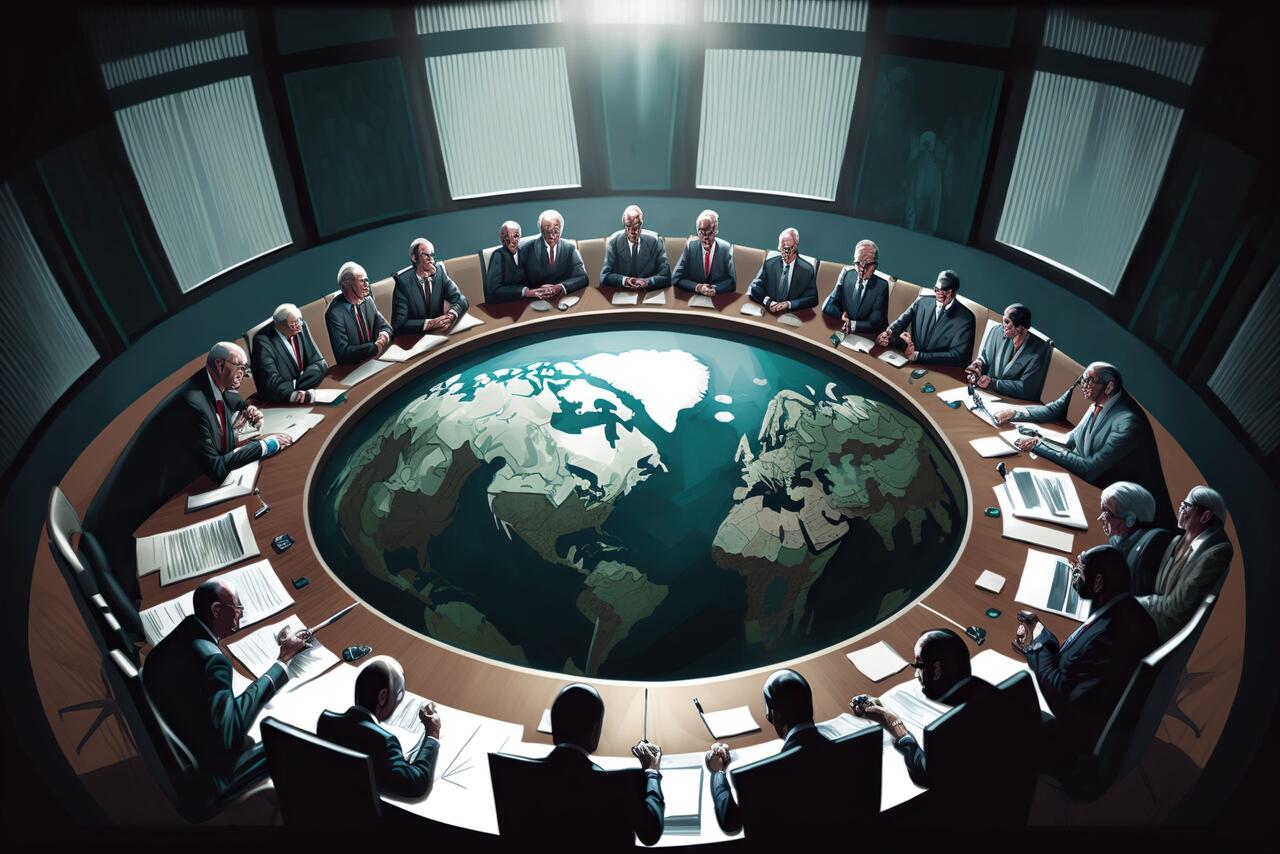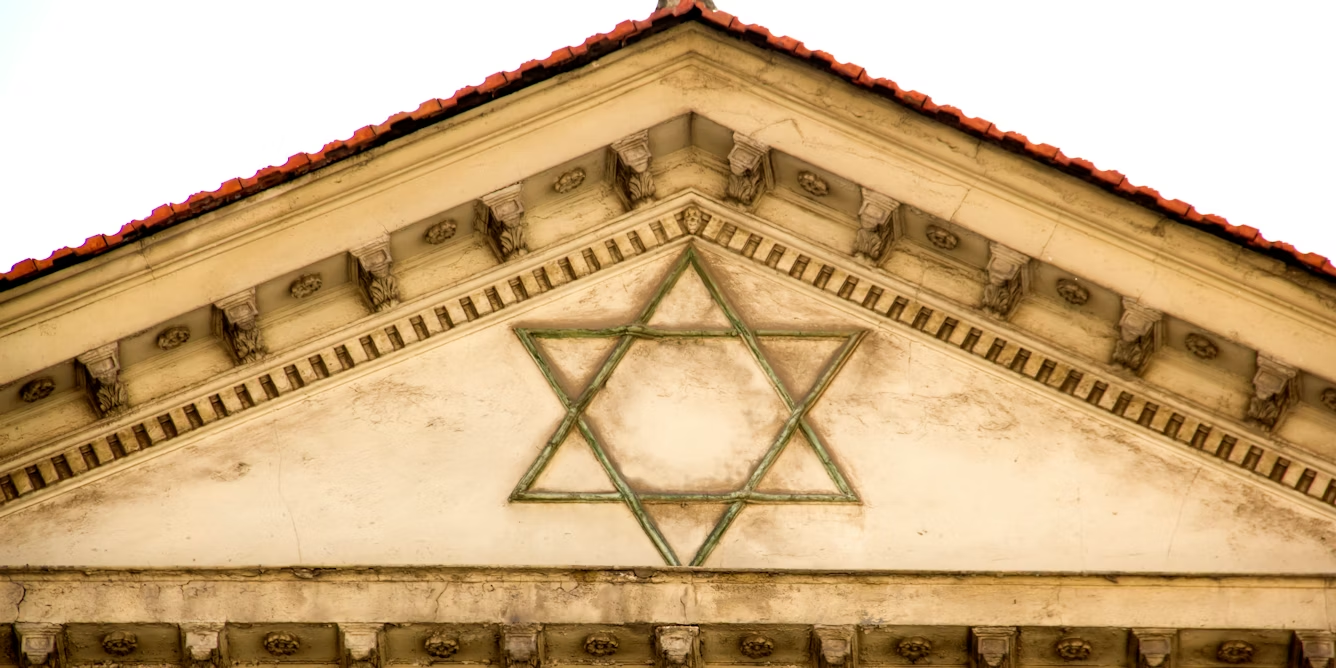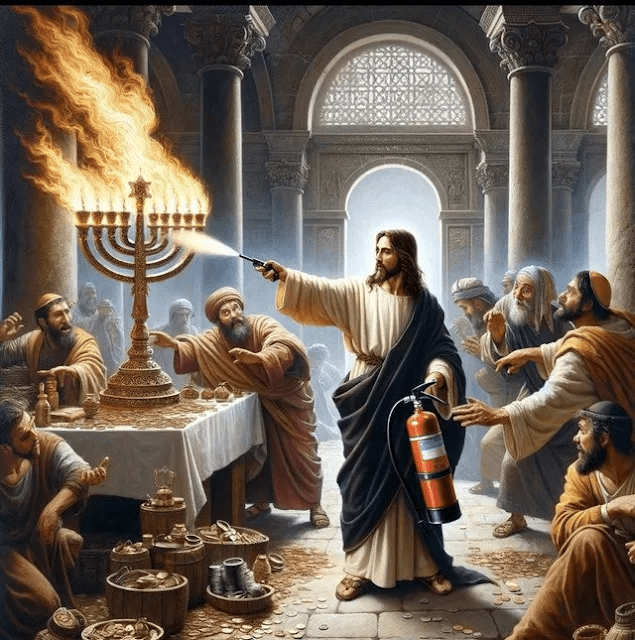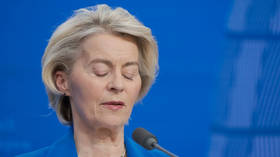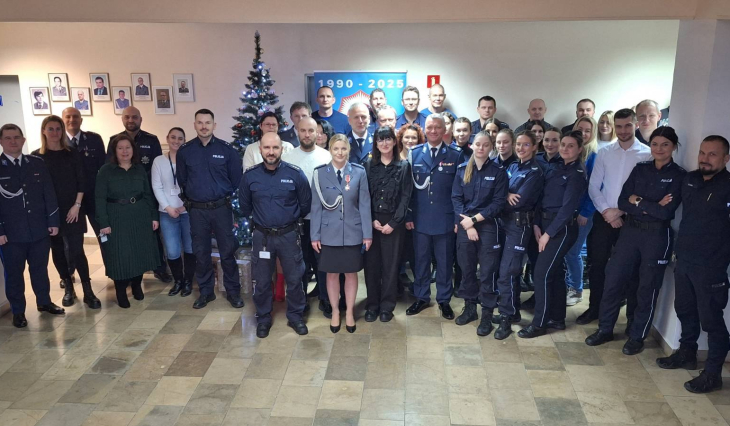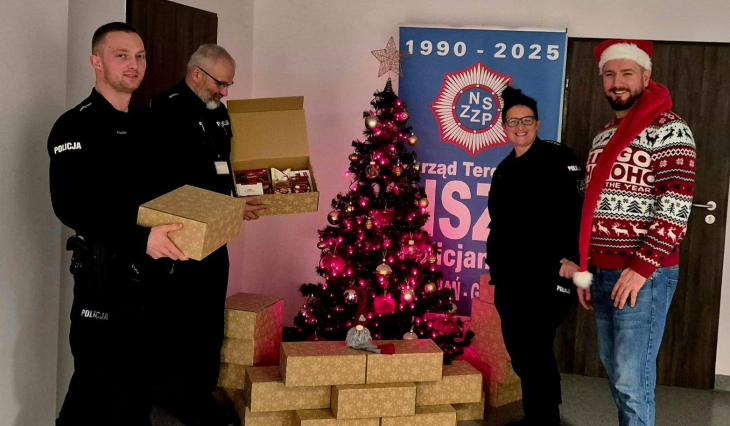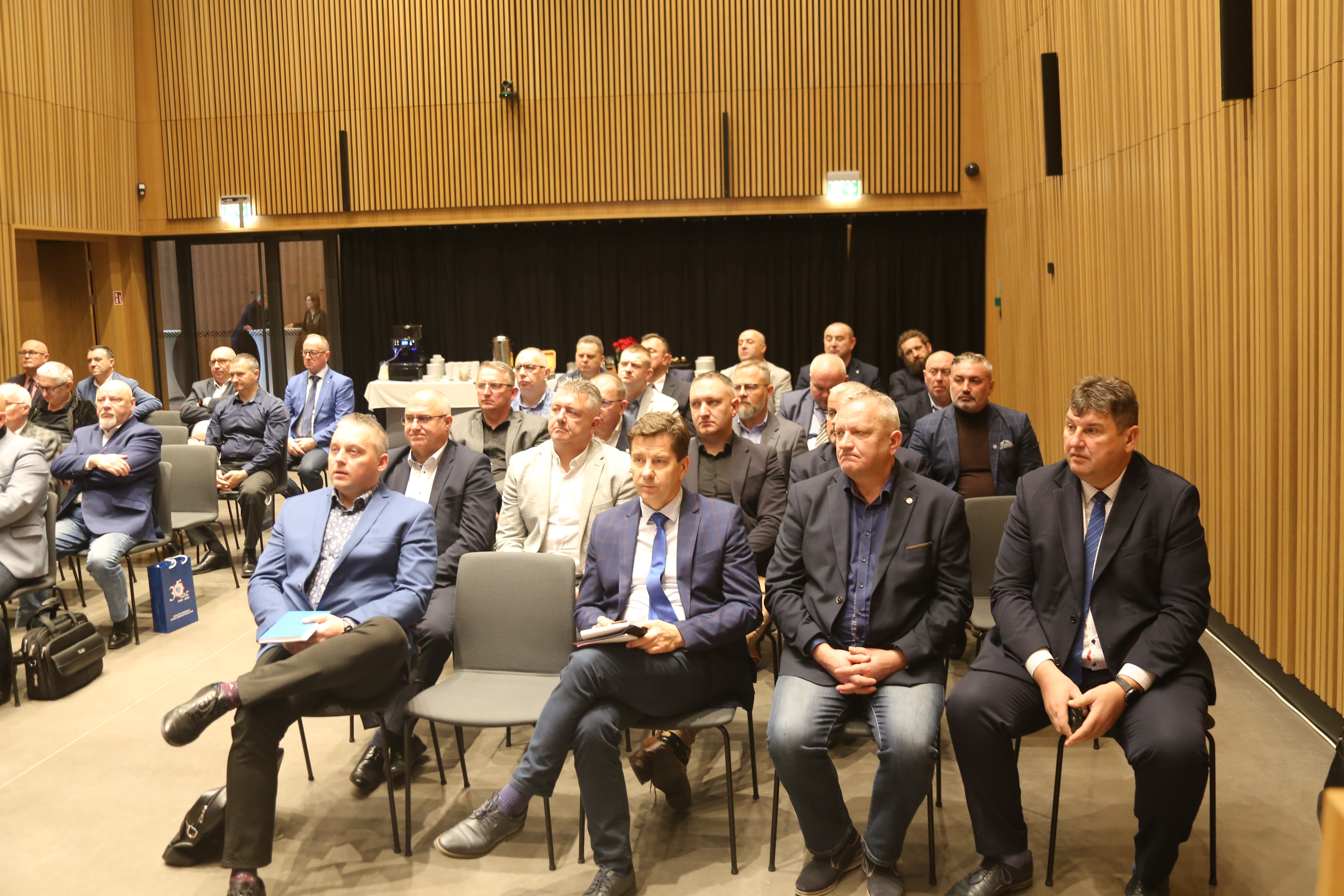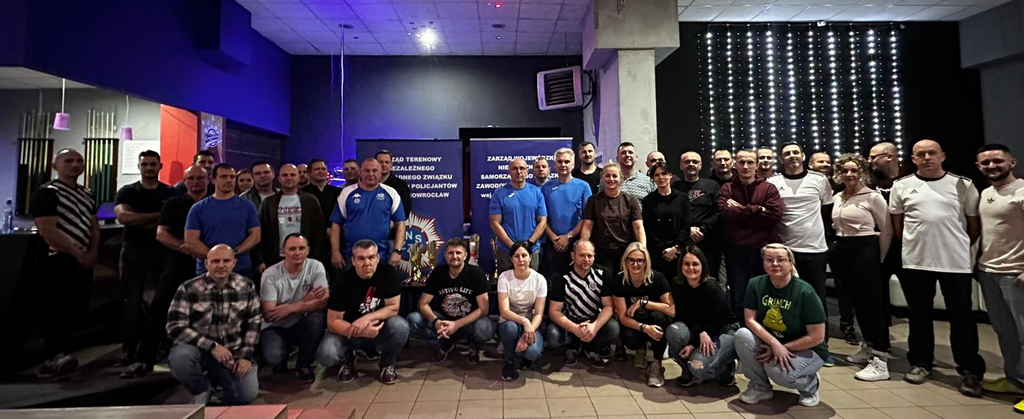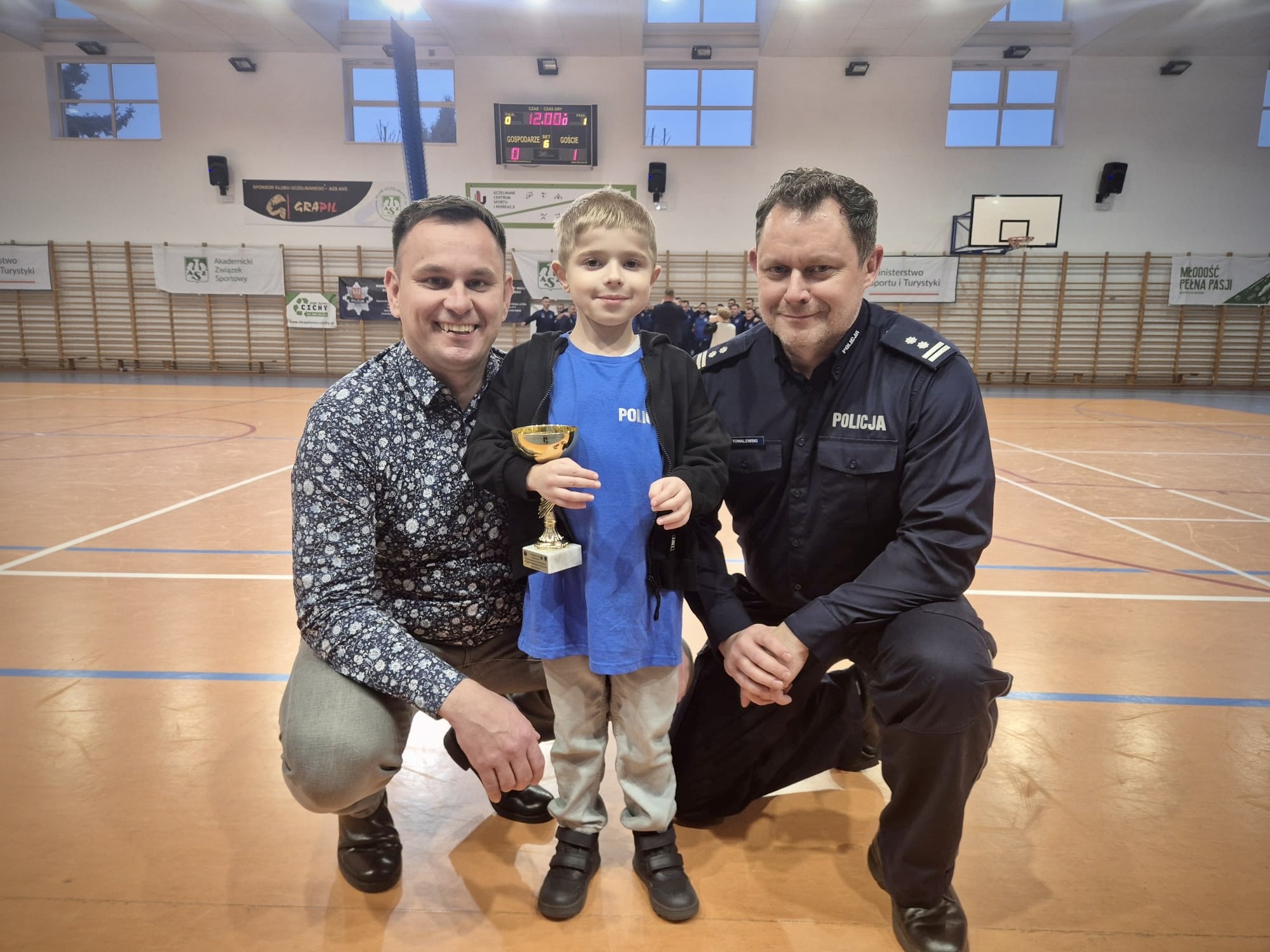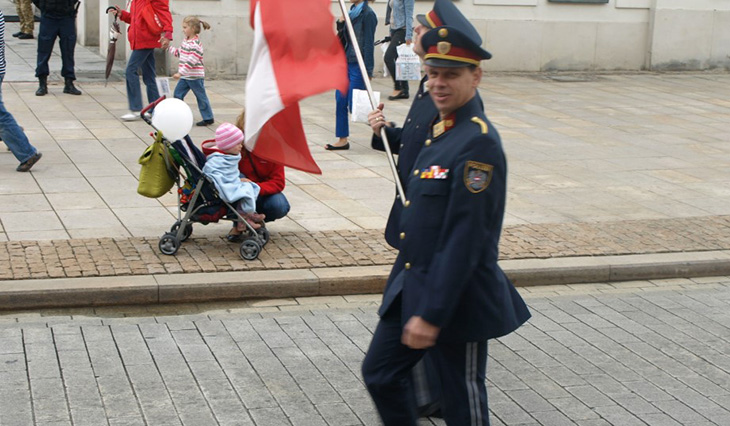reprint fb
Museum of the Welsh Land
“...I found myself with a group of junior officers in Oflag II D Gross Born. I besides received a peculiar assignment in that area, in addition to an additional nickname. Namely, I was expected to be head of the secret intercamp post office in Oflag. There was no message on the scene. So something that, as an additional expression of gratitude for the AK card, I was expected to embrace, direct and improve, simply did not exist. The Germans treated us completely average as officers who went into captivity, to Oflag. Brief interrogation by speaking Polish Abwehr officers. Standard: name, alias, military degree, organizational assignment. There was no violence, no violent pressure. There were rumors that they would offer us the creation of a Polish division to fight on the east Front. They didn't work.
Gross Born was an old prisoner of war camp, and there were respective 1000 officers from the September campaign, called “pavans” and a battalion of Ordinans, who did not service individual officers, but the full camp as cooks, tailors, shoemakers, and so on. We were welcomed enthusiastically, we immediately got full cartons delivered to the Oflags by the global Red Cross, with miracles specified as Nescafe soluble coffee or its British counterpart, American and English cigarettes. We were given the choice of different uniforms, I chose American ones. The wage was paid in the camp currency called hubs, while the hub could buy various delicacies in the camp store. They besides secretly traded moonshine. There were 4 species. The most expensive, luxurious, was driven from raisins and equaled a good cognac.
The officers from the September run were in Gross Born respective thousand, us from the Uprising 1 100 fifty. For the first week, they thought we were heroes, for the second week they were liars, and for the 3rd week, they were right. It was beautiful good surviving in Oflag. The multilingual camp library had 20,000 volumes, The Germans, on the another hand, passed through all books but military textbooks. There were officially respective universities, even the Academy of Fine Arts, whose diplomas were recognised after the war. The only illegal was the Higher War School I enrolled in. I was amazed to find that the tactics taught there are based on the establishment of an eighteen-man shooting squad with all the consequences, to the structure of the infantry division inclusive. I pointed out to the lecturers that specified an organization of armed forces no longer exists, all armies of the planet have teams from 10 to 12 soldiers, much more heavy armed than those of 1939...
Winter was coming, and the biggest problem was heating. The camp consisted of standard German wooden barracks, set on brick posts to prevent the underdocks. The barracks were divided into chambers, each chamber heated a cast iron stove, besides utilized for cooking. The authoritative fire allocation was cheap, the wind blew the barracks from below, the floors were incredibly cold. Simplely, prisoners saved themselves by “organizing” fuel by stripping various wooden elements of the camp. But it was only us fresh arrivals who showed them how to do it. On the barbed wire, which is an integral part of the camp fence, there were signs of informing that the guards from the “bocians” or defender turrets would shoot without informing to anyone crossing this line. Of course, in the first fewer cold days we took off and chopped up almost all the plates. But the best part was the number I co-authored. We noticed that two, possibly 3 steps from the entrance to the German command of the camp stands a magnificent wooden telephone pole no longer used, due to the fact that it does not sustain any wires. Fragmenting the pole, pulling it out of the ground, carrying it to a place invisible from the “boats” and there cutting it into pieces was a substance of virtually minutes. Strangely enough, the Germans never noticed his absence and did no research.
He started snowing. From the east there was a sound of russian artillery attacking Wal Pomorski. The Germans officially notified the prisoners of war that Oflag would be evacuated to Lubeka and it was by ft march. The Polish leadership of the camp (in each Oflag there was an authoritative Polish “older camp”, as a regulation the general) predicted this for a long time and powerfully pressed the prisoners to march on the large wheel all day, the longest intra-camp path. It was besides announced that only the severely sick and disabled, but on their own responsibility, can escape evacuation.
It was already mid-January. Temperature's down to negative 15 degrees. Along the barrier of the camp there was a highway, on which, dragging in the snow reaching far above the ankles, the footpaths of the civilian Germans, carrying backpacks, suitcases, or towing sleds, were interred. These columns were rushing the SS. They were headed west, the way we were expected to evacuate. Later, after the liberation of the camp, we were able to see for ourselves that it was the Germans themselves who expelled their fellow countrymen, at least from much of the Western Pomerania. specified cities as Jastrów or Złotów became simply empty, cleared to the last man so abruptly and effectively that even in the dining rooms the flats stood on the tables of unfinished meals.
March a fewer 100 kilometers under these conditions? It's not gonna happen! I lay on my bunk bunk, wrapped in a blanket, and waited. Somewhere after half an hour, a soldier showed up, shouted in German to go to the assembly, and that was it. I saw a long column coming out of the window. There was inactive plenty of snow. Our erstwhile guards marched alongside them. Happy eggs and all that. At about noon, we began slow to attend our own appeal. It turned out that there were respective 100 of us, and we were watched by about a twelve dead grandparents with prehistoric rifles and broken uniforms...’.
(source: J. Wilczur-Garzecki, National Army for and against..., Wrocław 2006).
Attached by the Symbol Theatre, allegorical scene from the revue directed by Bolesław Płotnicki, Oflag II D Gross Born, 1943 (source: S. Piekarski, Polish POW theatres in Germany..., Warsaw 2001).




